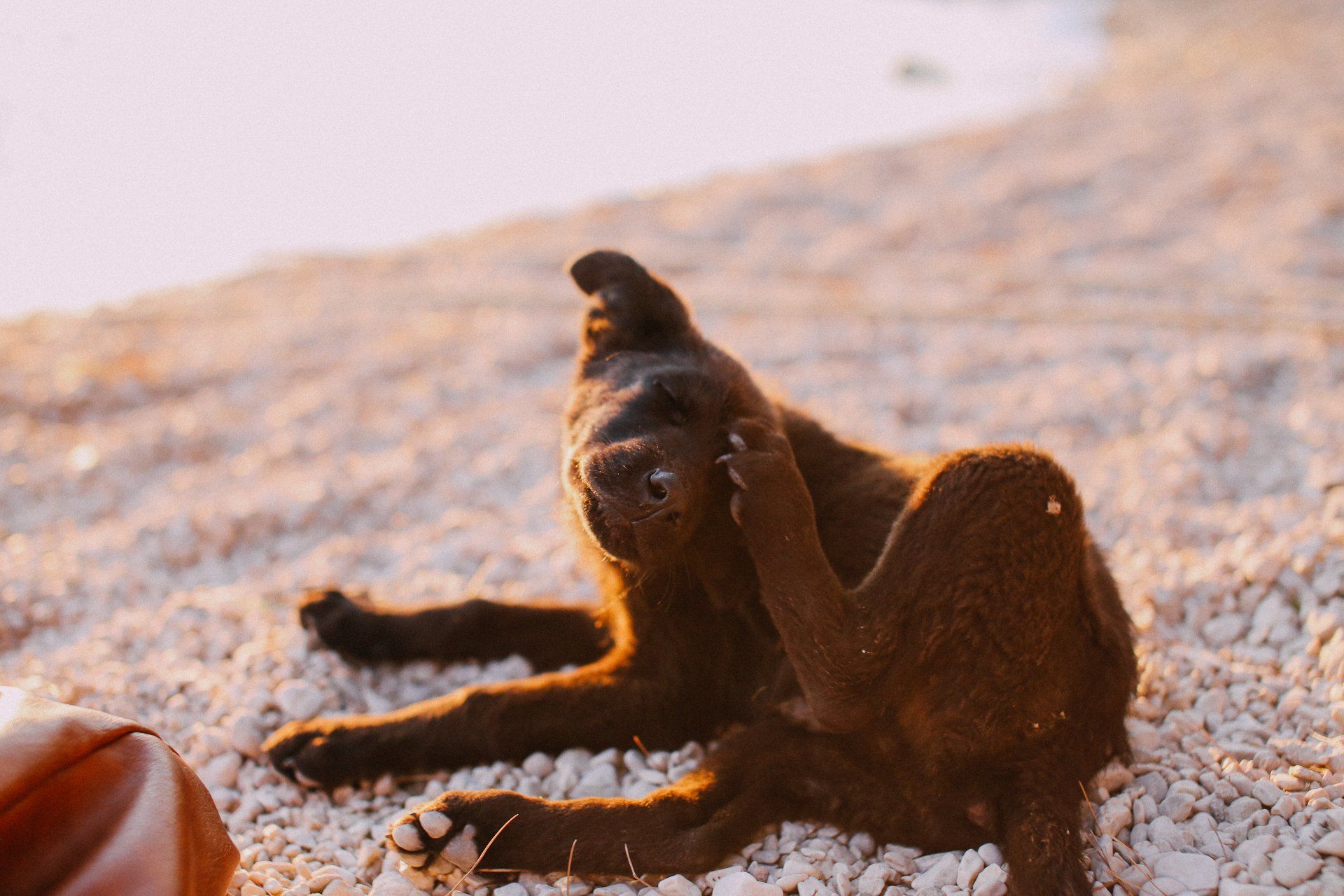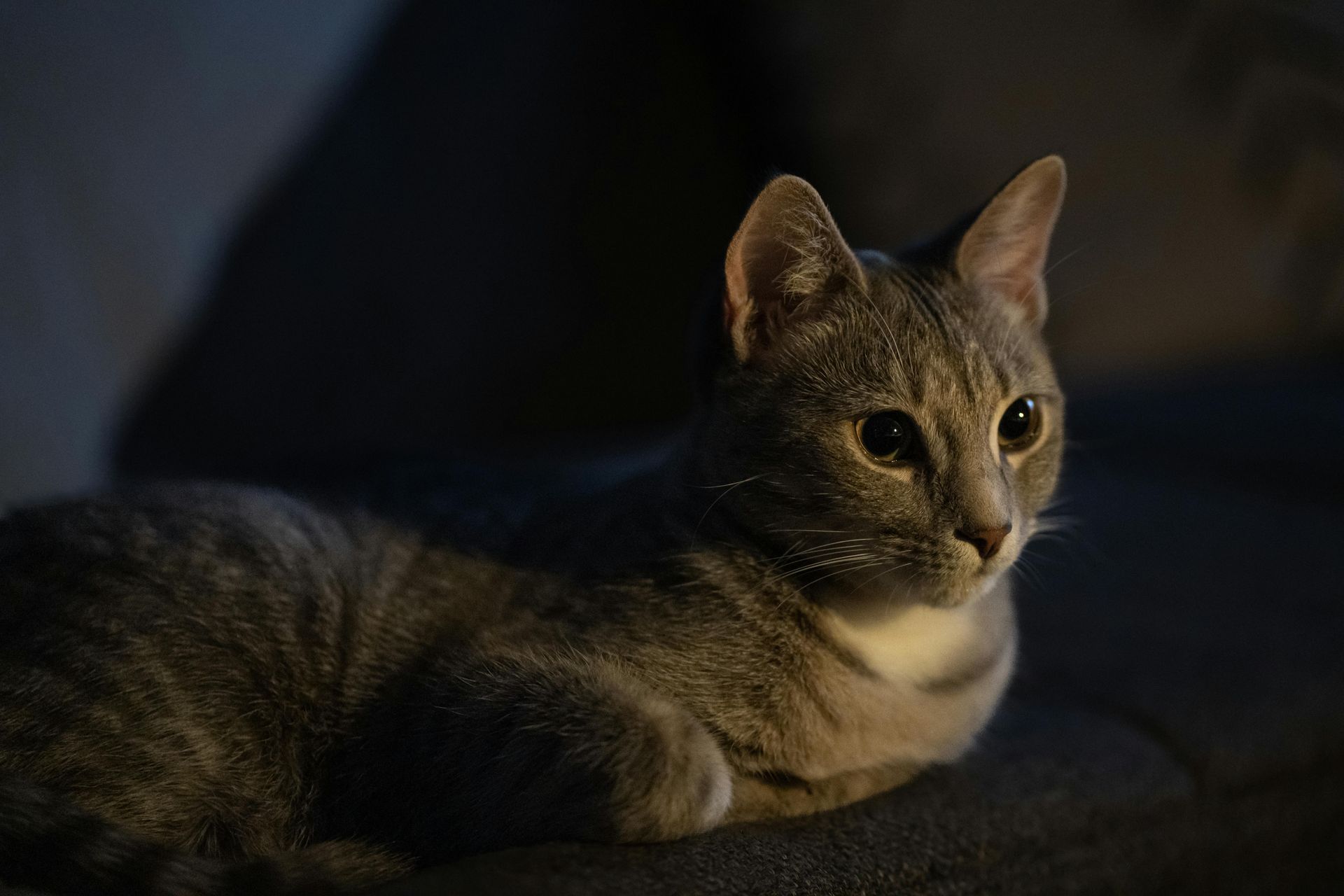2014 Wayne County Fair
2014 Wayne County Fair
It is that time of year again, time for the Wayne County Fair. The Wayne County fair is one of the largest fairs in the state, something for which our area can be extremely proud. Our doctors and staff really enjoy the fair and look forward to seeing many of our clients and patients succeed. We are also proud to be a supporter of the fair and local 4H groups and FFA chapters within the community. As the fair approaches, we though it would be good to focus on animal care as it relates to the fair. The fair presents unique opportunities us to experience new things along with our animals that are entered for the various shows and categories.
Along with these unique opportunities, come some unique risks. For the majority of the fair animals, especially the farm animals; they reside on a farm and travel very little from location to location. This means that they are not exposed to stresses and potential contagious diseases as much as if animals traveled from place to place. So as we think about the beginning of the fair, we focus on disease risk. The best prevention against contagious disease is a well rounded vaccination protocol. Many of the diseases that can be spread at the fair are respiratory in nature. This means that the virus or bacteria is spread within the air. The contagious disease can travel rapidly throughout the barn, sometimes exposing every animal in that barn to the disease. In addition, the many people that travel from barn to barn can spread diseases in other ways, such as through manure on boots.
There are many animals at the fair, representing a wide variety of species. These include dairy cattle, beef cattle, draft horses, show horses, pigs, goats, sheep, miniature horses, dogs, rabbits, chickens, and turkeys. Cattle should at least be vaccinated for respiratory diseases, such as Bovine Respiratory Synchitial Virus, Bovine Parainfluenza 3 and Bovine rhinotracheitis. We recommend that horses be current on at least Equine Influenza and Equine Rhinovirus. Dogs should be up to date on all core vaccinations, as well as Bordetella Bronciseptica (Kennel Cough) and parainflueza. We feel that protection from kennel cough and parainfluenza are especially important this year due to the recent increase in dogs with contagious repiratory disease in and around Wayne County. Sheep and Goats should be current on "overeat vaccine," which covers the clostridial diseases and tetanus. Though we do not do a lot of swine medicine, pigs should probably be vaccinated for parvovirus, swine influenza and PRRS.
Another risk associated with leaving the farm for the fair is stress. Animals can get stressed from simply the trailer ride from the farm. They may also get stressed from the many sights, sounds and smells of the fair. The constant flow of people in and out of the barns is something that most farm animals are not used to. The commingling with other animals can also be stressful, as there is not an established herd order among this new grouping of animals. Prior to the fair, you can expose your show animal to as many things as possible to try to keep them calm during the fair. Playing loud music or talk radio in the barn can help acclimate them to the various noises that they may see at the fair. Exposing your pet or livestock to various people can also help with the changes.
Of course, animals should be well taken care of at the fair. This means having fresh water and good food available to them at all times. Therefore, many animals will need clean feed and water buckets. Some owners are required to bring their own bedding (straw, sawdust, wood chips, etc), while some others will have straw and mulch provided due to support from the various fair boards. In addition, animals will likely need to have a good supply of fresh air. At the Wayne county fair, this may mean supplying your own fan to keep you animals cool. Since the fair is in early September, it can get very hot. Animals are very subject to heat stress, as well as the other potential issues that are listed above.
If you have any questions about what to do now to best protect your animal while at the fair, please call our office and we will try to provide as much information as we can. Keep in mind that you may need to check fair regulations to see if your animal will need a health paper or vaccine certificate to attend the fair. Horses may require a valid Coggins test, which is typically good for one year.
The Orrville Veterinary Clinic is a proud supporter of the fair and many local farms. We really look forward to seeing you and your pets and farm animals at the fair this year!
By Dr. Jeff Fink











